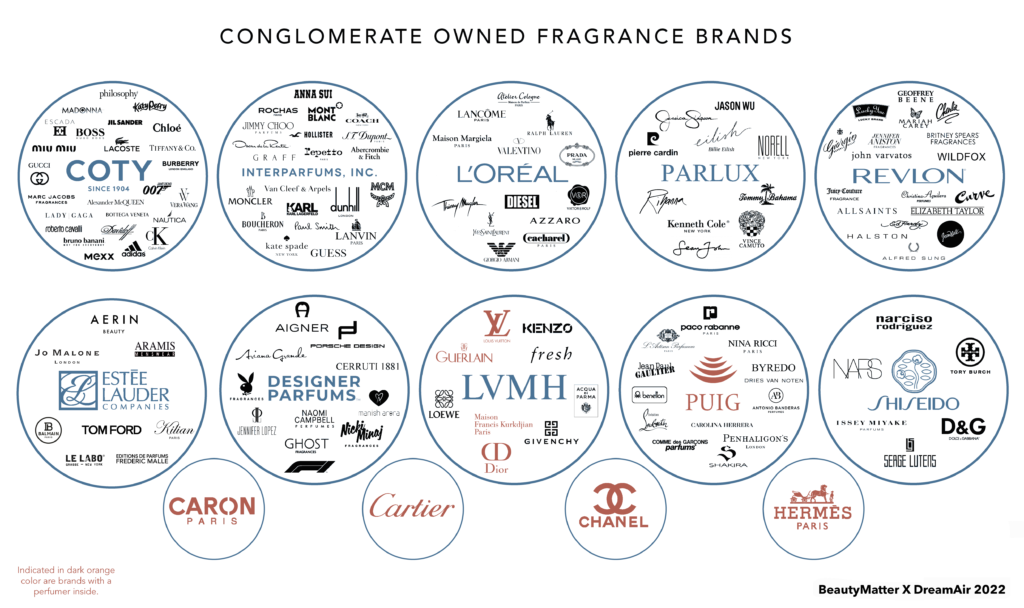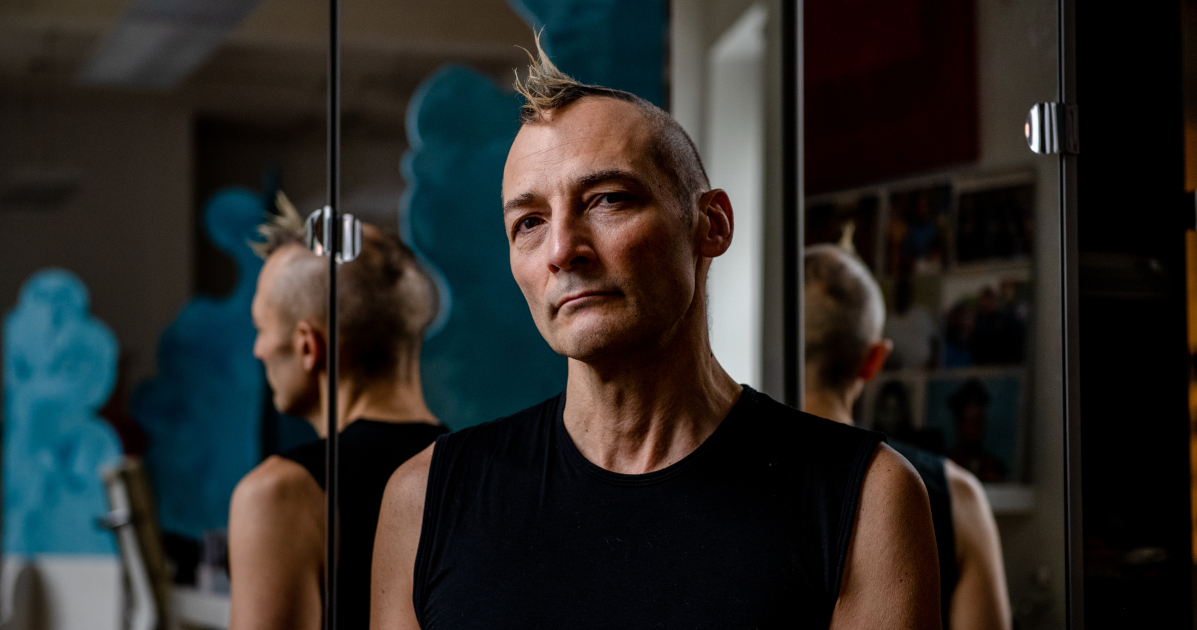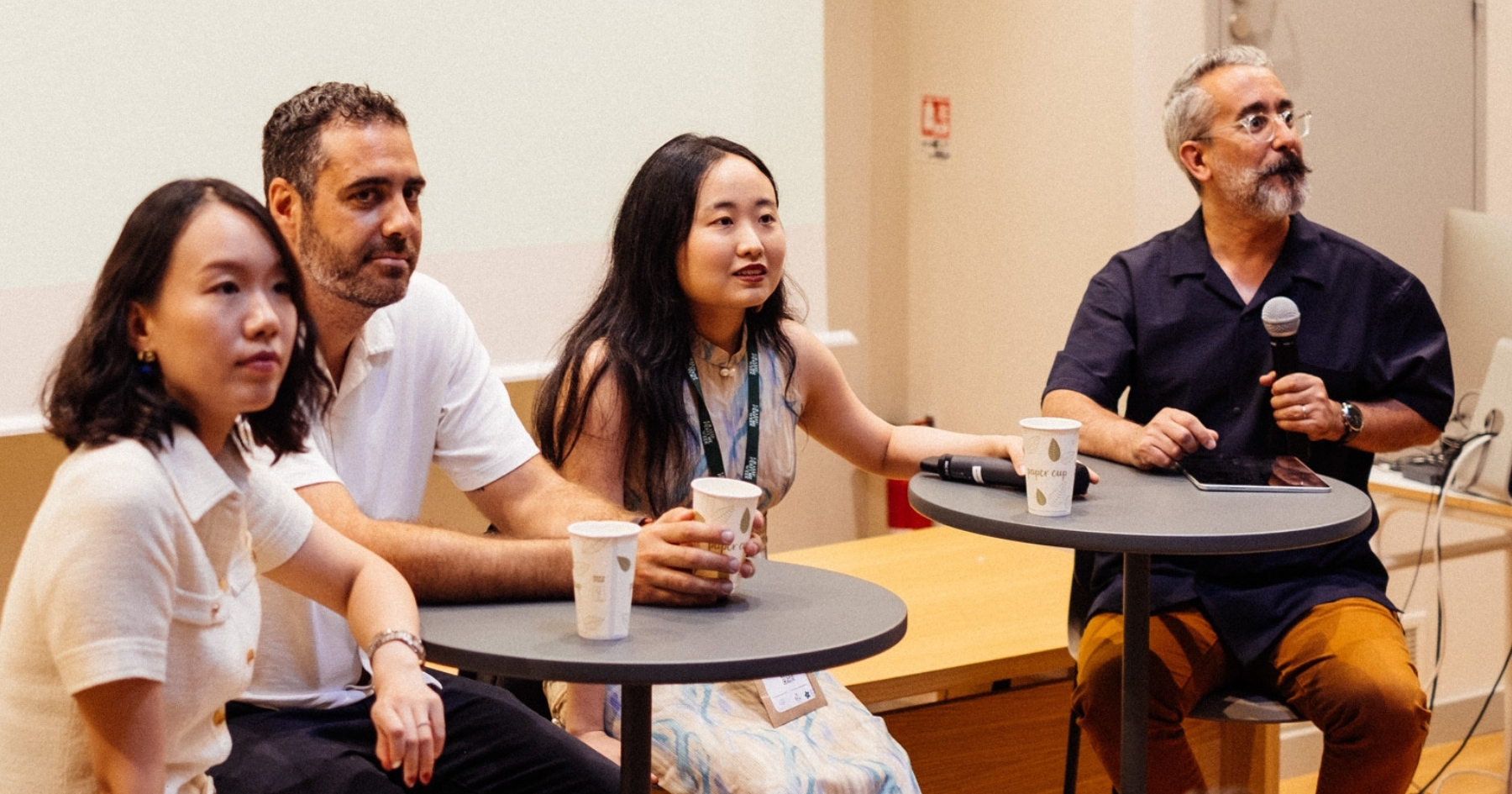Cette publication est également disponible en :
Français
The independent perfumer who worked with Procter & Gamble and IFF and now creates fragrances for The Zoo, Strangelove NYC, Richmess and BéLAir Lab Tokyo is calling for a revolution in a bid to build tomorrow’s perfumery, a more ethical and more creative perfumery where the perfumer’s role as author is recognised. We talked to him.
How do you see the industry as it stands?
What is non-negotiable in other industries hasn’t reached ours yet. People working in fashion or cosmetics don’t tend to be involved in the jewellery or film industries, right? But that’s exactly what happens in perfumery. Worse, it’s the main business model it has been since the Second World War, and it means we now have multinationals that make shampoo, nail varnish and insecticides deciding on the quality and beauty of perfumes. We’ve been highjacked.
How does that affect the way perfumes are created?
Half of today’s perfumery is plagiarism or remixes. I actually wonder if 75% of fragrances aren’t based on existing formulas. If you look at The Big Book of Perfume and think about the major role played by chromatography [editor’s note: a technique for separating and analysing the aroma compounds of a product, such as a rival creation] in the chapter on creating perfume, it speaks volumes about the state of the industry. The process is called inspiration in our jargon, and would be illegal in the music industry without paying royalties. It can come from clients, some big brands are known for requesting copies, or poorly educated perfumers; because it’s not new everyone thinks it’s normal. Then there’s the fact that formulas mustn’t cost over 30 to 40 dollars a kilo, which is incredibly low. Even synthetic vanilla is too expensive at that price. So can you imagine using jasmine from Egypt, Grasse or India that costs 3,000 or even 6,000 dollars a kilo? To maintain this model, the industry employs biddable people like myself included, hides behind industrial secrecy and public ignorance, or uses smokescreens like history, which stifles progress. Some have a clever and considerate approach to history such as Osmothèque that I love – and I encourage you to support them as I have by sponsoring a perfume for 300 euros. As for certain others, it’s high time they realized that the past is also about castes, slavery, racism, the era of might is right, and that it’s just not cool to keep on and on presenting Marie-Antoinette as a perfume muse.
What changes would you like to see?
The industry needs to take itself in hand. First, house perfumers should be the norm. Would you go to a luxury restaurant where there was no chef? Let’s say you get to the restaurant, you ask how it works, and you’re told: “The name Armani appears on the dishes but they are actually prepared by other people who also work in the canteens at Zara and Victoria’s Secret!” Ask L’Oréal how many perfumers they employ for all their fragrance brands, Armani, Lancôme, Ralph Lauren, Yves Saint Laurent, Diesel, etc. Did I hear none? Ask Coty (Gucci, Boss, Marc Jacobs, Calvin Klein, Burberry, etc.), or Interparfums (Mont Blanc, Van Cleef, Jimmy Choo, Moncler, Oscar de la Renta, Coach, etc.) the same question and you’ll get the same answer. Can you imagine a fashion house without a designer? It’s inconceivable. The time has also come to introduce a code of ethics covering perfume creation. What can we do to combat plagiarism? When perfumers are asked to do it, they need to have the guts to refuse. And the ones who agree to it should be upfront and credit the original authors. We need to be able to distinguish between perfumers who are creators and others who are more like designers at Zara. It’s great to be a designer at Zara, but it’s not the same job. This would give protection to formulas that are true olfactory creations. We’re at a crossroads and perfumers need to make a choice: either keep working the same way, quietly and ethics-free, or change certain aspects of the creative process and receive more recognition and better pay for global artistic successes.

©BeautyMatter, DreamAir, 2022
You champion the idea of fragrances being recognized as intellectual works and perfumers receiving royalties.
Absolutely: a perfume is like a song and we should be treated in the same way as music composers. I think that the composer gets half of the rights to a song. Why not do the same? We could decide that Armani gets 50% and the perfumer gets the other 50%. I also believe that people like Giorgio Armani and Ariana Grande don’t realize how perfumers are treated. They wouldn’t put up with it in their own work.
What changes would be beneficial?
Of course perfumers need to be able to put more money into their formulas, for quality purposes as well as to support farmers around the world, without increasing retail prices as they are already very high. Fragrances whose formula costs a dollar or less to make are sold for 60 dollars. I think there’s enough margin there to allow perfumers to add another 2 to 4 dollars to their formulas. It would mean we could make greater use of really lovely natural and synthetic ingredients. At the moment, when a brand claims to be using an ingredient, it is often only in minute quantities, or in any event in a lower quantity than the marketing suggests. Several leading luxury brands will mention an ingredient when just 100 or 200 ppm of a raw material is present in the concentrate (i.e. 0.01 to 0.02%). There is very little impact on olfactory results at those dosages. So we need to raise the threshold. When it comes to these subjects, perfumers should communicate directly with the public and brands without being filtered by L’Oréal, whose expertise lies in making shampoo. If people were offered an olfactory education, as happens with wine and spirits, they could make informed choices about how to spend their money. We could have commercial perfumery offering very inexpensive, generic compositions, the equivalent of H&M or Ikea, which would be handled by L’Oréal, Coty and similar brands. Just above that could be designer perfumery with real creations, like Nike does. And then luxury perfumery, equivalent to ready-to-wear collections by Saint Laurent.
What have you done to try to get things moving?
I talk with composition houses who do most of the work, and with farmers about protecting their ingredients and creating a label for the fair use of natural products in perfumery. I began reaching out to the big brands about including a code of ethics already published online[1] On the website www.perfumeryethicas.org and with soon a hundred signatories; I also asked the International Society of Perfumer-Creators if we could write an open letter to inform the public and create an ISPC ethics committee. As part of this approach, I give talks at lots of conferences and, together with Saskia Wilson-Brown, founder of the Institute for Art and Olfaction, plan to create a legal Wikicommon for formulas offered by perfumers. In the meantime, formulas, including my own, and the chromatography results of successful fragrances are now regularly posted on the @fragrance.drama Instagram account[2] See https://www.instagram.com/fragrance.drama/. To take one example, this shows that Legend by Montblanc is actually a copy of Fierce by Abercrombie & Fitch. And that breaks down the doors of the culture of secrecy enjoyed by the perfume industry for far too long. We also need to ramp up education. Students at ISIPCA and elsewhere have almost no access to formulas of any kind. Can you imagine learning to play music without sheet music, just by listening? By publishing formulas and analyses, I hope that the public will realize how complex our work is – and be more appreciative of our art.
How is the industry reacting to your initiatives?
Last summer I wrote a letter to L’Oréal raising these topics. I’m still waiting for their answer. But no one as yet has challenged anything I’m saying and writing about on these issues. At the last World Perfumery Congress in July, perfumers who are members of the SIPC agreed that they want to be credited for their creations. And plenty of colleagues are getting in touch to tell me they can’t express their opinions publicly but they approve of what I’m doing. When you’re honest, you can’t just stand by and do nothing.
Interviewed in September 2022.
Picture: ©Hilary Swift for Nez, the Olfactory Magazine #11
___
REPORT « REINVENTING PERFUMERY DISCOURSE »
- Reinventing perfume discourse, introduction
- Olfactory dissonance, between discourse and reality
- Interview of Christophe Laudamiel: “50% of perfumery is plagiarism or remixes, it’s time to adopt a code of ethics”
- The press kit, the art of staging the immaterial
Notes
| ↑1 | On the website www.perfumeryethicas.org |
|---|---|
| ↑2 | See https://www.instagram.com/fragrance.drama/ |








Comments